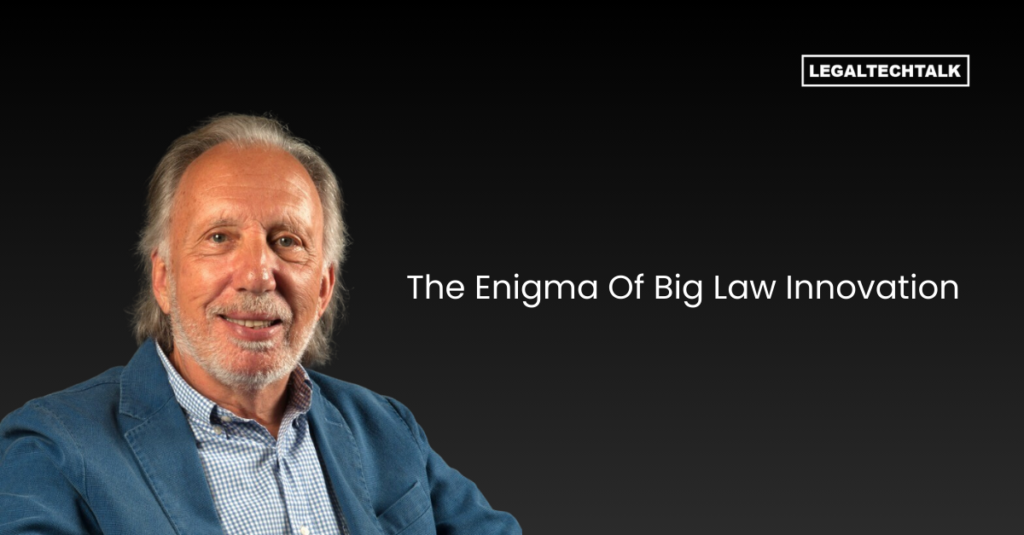Source: Forbes
Large corporate law firms (a/k/a “Big Law”) are on a hiring spree. They are snapping up tech-oriented talent to fill a mélange of newly-formed firm C-Suite roles. The list includes: Chief Officers of Innovation, Information, Process, AI, Data, and Value. Firms are also onboarding data scientists, machine learning engineers, and other digital experts, many of whom are recruits from other sectors. The Chief Innovation Officer (CINO) role is not new, but its widespread adoption and focus on digital talent is.
It’s a stretch to conclude the hires evidence Big Law’s wholesale commitment to a “digital or die” transformation. It’s reasonable to infer, however, that firms anticipate a reckoning for their remarkably resilient, enduring, highly profitable economic model.
The real story of the new hires is whether their mandate is to transform the existing firm model or, far more narrowly, to improve its efficiency. This is a distinction with a significant difference. Peter Drucker put it this way: “There is nothing so useless as doing efficiently that which should not be done.”
Transformation is not an epiphany, creating a new role, or launching a short-term change initiative. It is a long-term business strategy focused on leveraging technology and data to create new structures, models, and processes that benefit customers. Transformation is much more than an arsenal of new tools; it requires a workforce that understands and creatively and responsibly applies them to enable material advances. Accenture calls this a “digital core,” the critical technology capability foundational to the creation and empowerment of reinvention. The allied concepts of transformation and innovation have become an existential business imperative in an environment where change has become a constant.
Is Big Law in the early stages of a transformation journey or following the path of companies like Kodak, Sears, and Blockbuster whose dominant market position, resistance to change, and hubris resulted in disruption?
The willingness of clients to ratchet up expectations of BigLaw performance, value, and alignment with enterprise objectives is critical. That would profoundly affect the impact of Big Law’s new digital hires as well as alter the firms’ course. It would also confirm the catalytic role business plays in driving legal transformation.
Read the full article by Mark Cohen, CEO of Legal Mosaic, for recommendations to get started: https://www.forbes.com/sites/markcohen1/2024/11/01/the-enigma-of-big-law-innovation/
Mark was a speaker at LegalTechTalk 2024.








